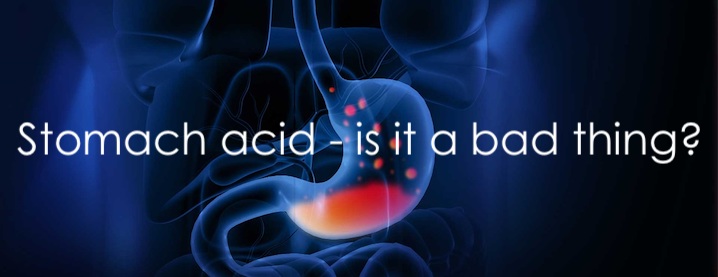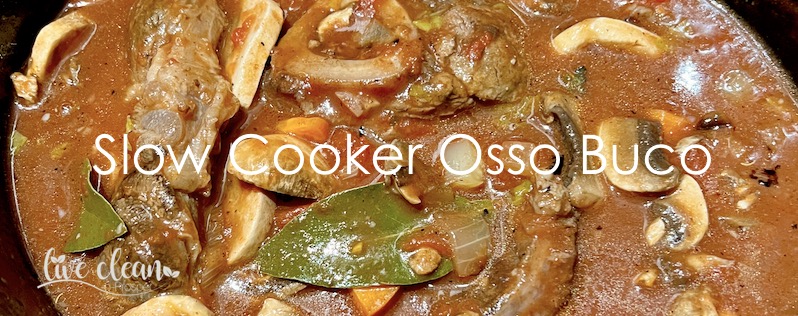Today’s post is about fibre and fibre supplements.
Continuing on from our last post on stomach acid, today we will take a look at fibre.
What is fibre?
There are actually two forms that we can consume – soluble and insoluble.
Basically, one forms a gel like substance when mixed with water (soluble), chia seeds are an example of this. This soluble fibre helps to reduce cholesterol and fat absorption and improving glucose control, it also helps us to feel fuller helping with weight loss.
Insoluble fibre stays pretty much as it is eaten, all the way through the digestive process, an example of this is psyllium husk. This type provides bulk to the stool as well as helping to clean out the digestive system. It does this by acting as a sort of broom inside the digestive tract sweeping away things that are trying to cling to the sides.
Both types of fibre are an important part of a healthy diet and especially for digestion.
The two forms of fibre perform many tasks that are necessary to our overall health. They provide the balance between constipation and diarrhoea, they provide a food source for important bacteria in the digestive tract and reduce the risk of chronic diseases like diabetes, heart disease and some intestinal cancers. Fibre also slows the rate that sugar is absorbed into the bloodstream which keeps the blood glucose levels from rising too fast.
What about a fibre supplement?
Studies have found that only 5% of adults consume the recommended level of dietary fibre. So, for many, taking supplements can be a convenient way to improve part of their diet. There are easily available products like Metamucil or Benefiber that can help. However, these products don’t offer the same nutritional benefits of getting the fibre from food sources.
What about long-term use?
Is a supplement sustainable in the long term raises the question of why you are taking a fibre supplement in the first place.
As a Naturopath I feel that the reasons for continued use of a fibre supplement should be explored. There may be other issues to consider and if they are not addressed then more health concerns could occur. Therefore, it is more important to ascertain what that underlying problem may be.
It could quite simply be that there are gaps in the diet not providing enough of the right type of fibre. In this case the simple answer is small changes to your diet to include more. This means including things like fruits, beans, whole grains and vegetables into your diet in greater amounts and preferably unprocessed.
Of course, it is possible to get too much of a good thing and fibre is no exception. Too much fibre can lead to bloating and excessive gas and no-one wants that. As with all things, there is a balancing act going on inside the body at all times.
So, if you think you have an issue with too much or too little fibre then see your health professional.
Till the next post,
Live clean n Prosper
Sources – National Library of Medicine –



